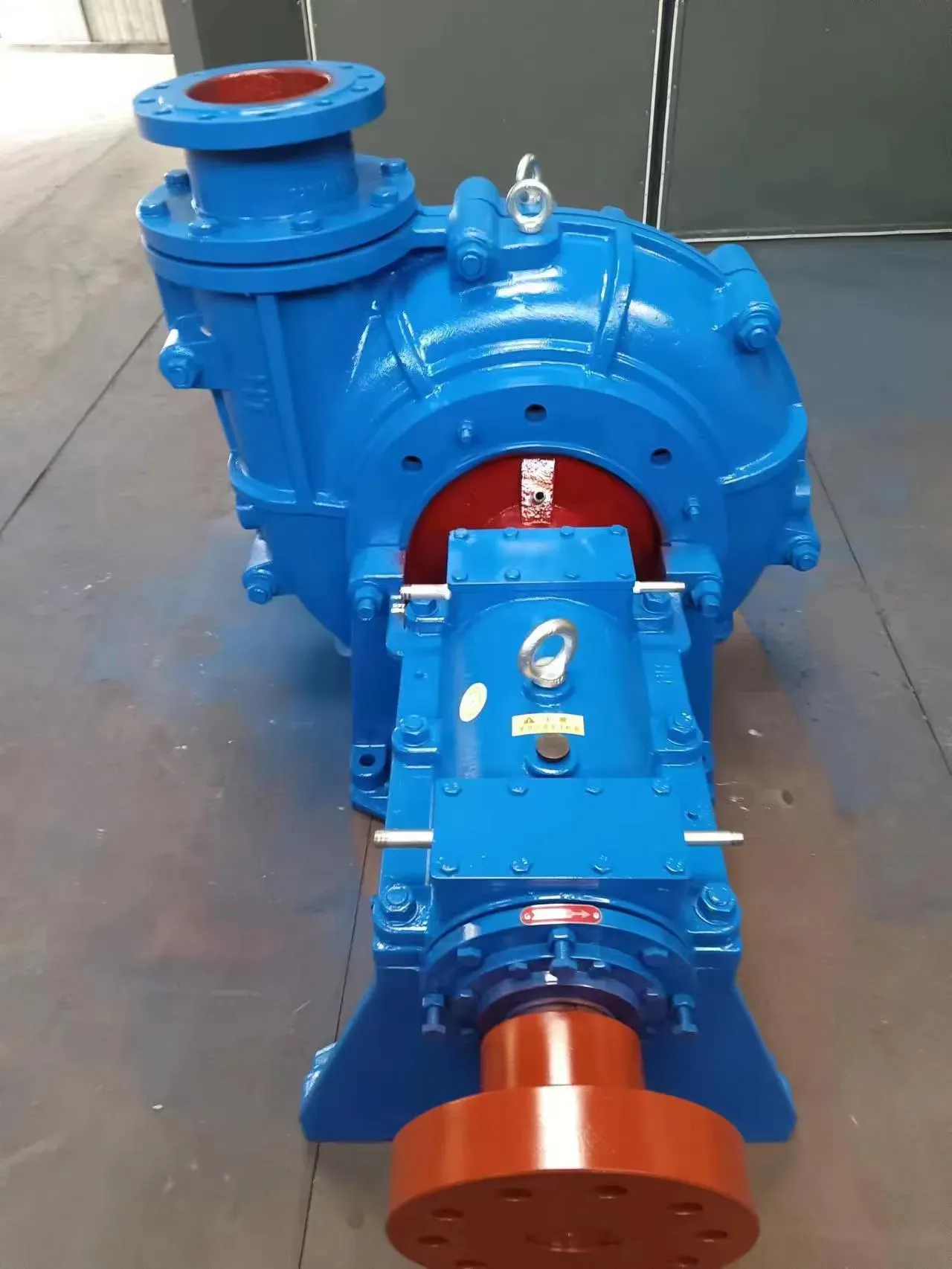English
- Afrikaans
- Albanian
- Amharic
- Arabic
- Armenian
- Azerbaijani
- Basque
- Belarusian
- Bengali
- Bosnian
- Bulgarian
- Catalan
- Cebuano
- Corsican
- Croatian
- Czech
- Danish
- Dutch
- English
- Esperanto
- Estonian
- Finnish
- French
- Frisian
- Galician
- Georgian
- German
- Greek
- Gujarati
- Haitian Creole
- hausa
- hawaiian
- Hebrew
- Hindi
- Miao
- Hungarian
- Icelandic
- igbo
- Indonesian
- irish
- Italian
- Japanese
- Javanese
- Kannada
- kazakh
- Khmer
- Rwandese
- Korean
- Kurdish
- Kyrgyz
- Lao
- Latin
- Latvian
- Lithuanian
- Luxembourgish
- Macedonian
- Malgashi
- Malay
- Malayalam
- Maltese
- Maori
- Marathi
- Mongolian
- Myanmar
- Nepali
- Norwegian
- Norwegian
- Occitan
- Pashto
- Persian
- Polish
- Portuguese
- Punjabi
- Romanian
- Russian
- Samoan
- Scottish Gaelic
- Serbian
- Sesotho
- Shona
- Sindhi
- Sinhala
- Slovak
- Slovenian
- Somali
- Spanish
- Sundanese
- Swahili
- Swedish
- Tagalog
- Tajik
- Tamil
- Tatar
- Telugu
- Thai
- Turkish
- Turkmen
- Ukrainian
- Urdu
- Uighur
- Uzbek
- Vietnamese
- Welsh
- Bantu
- Yiddish
- Yoruba
- Zulu
Telephone: +86 13120555503
Email: frank@cypump.com
Aug . 12, 2024 21:12 Back to list
Affordable Septic Tank Pump Prices and Options for Your Waste Management Needs
Understanding the Prices of Septic Tank Pumps
Septic systems are essential for many homes, especially those located in rural areas where municipal sewage systems are not available. A crucial component of these systems is the septic tank pump, which is responsible for moving wastewater from the tank to the drain field or the treatment area. When it comes to maintaining a septic system, understanding the costs associated with septic tank pumps is essential for homeowners.
Types of Septic Tank Pumps
There are several types of septic tank pumps, each serving specific needs. The most common types include
1. Effluent Pumps These pumps are designed for effluent, which is the liquid that exits the septic tank after solids settle. They are typically used in systems that require the effluent to be moved uphill or over long distances. Prices usually range from $200 to $800.
2. Sewage Pumps Designed to handle solids and liquids, sewage pumps can manage wastewater from toilets and other household fixtures. Their cost can vary significantly, often ranging from $300 to $1,200, depending on the pump's power and features.
3. Submersible Pumps These pumps are installed below the water surface and are often used in various wastewater applications. They typically range from $300 to $1,500, based on their size and capacity.
4. Maccerating Pumps Often used in basements or areas where gravity drainage is not feasible, macerating pumps grind solid waste into a slurry before pumping it away. They typically cost between $300 and $1,500.
Factors Affecting Prices
Several factors can influence the price of septic tank pumps
- Type of Pump As previously mentioned, the type of pump significantly affects the price due to differences in design and applications. - Capacity and Power Larger and more powerful pumps are generally more expensive. Homeowners must consider their household wastewater needs to determine the appropriate capacity.
septic tank pumps prices

- Brand and Quality Reputable brands often charge more for their pumps due to reliability and warranty offerings. Investing in a well-known brand can lead to better durability and performance in the long run.
- Installation Costs The price of the pump is only one part of the equation. Installation costs can also add a significant amount to the overall expense. Hiring a professional is advisable, as improper installation can lead to system failures.
- Location Prices can vary by region due to local labor costs and availability of specific brands. Always inspect local market prices to ensure you are getting the best deal.
Maintaining Your Septic Pump
Regular maintenance is key to extending the lifespan of your septic tank pump. Homeowners should consider these practices
- Routine Inspections Checking the pump for any signs of wear or malfunction can prevent bigger issues down the road.
- Pump Replacement Most septic pumps have a lifespan of about 5 to 15 years. Knowing when to replace your pump can save you from costly repairs later on.
- Proper Usage Avoid flushing inappropriate items down the toilet or draining non-biodegradable substances into the septic system to reduce strain on the pump.
Conclusion
Septic tank pumps are a critical element of a functioning septic system, and understanding their costs and maintenance needs is crucial for homeowners. Prices can range widely based on pump type, capacity, brand, and installation. By being informed and proactive in maintenance, homeowners can ensure their septic systems operate efficiently for years to come. Always consult with a professional to determine the best pump for your needs and budget, to keep your system running smoothly.
-
ISG Series Vertical Pipeline Pump - Chi Yuan Pumps Co., LTD.
NewsJul.30,2025
-
ISG Series Vertical Pipeline Pump - Chi Yuan Pumps Co., LTD.|energy-efficient fluid handling&industrial durability
NewsJul.30,2025
-
ISG Series Vertical Pipeline Pump - Chi Yuan Pumps | Advanced Engineering&Industrial Efficiency
NewsJul.30,2025
-
ISG Series Pipeline Pump - Chi Yuan Pumps | High Efficiency, Energy Saving
NewsJul.30,2025
-
ISG Series Vertical Pipeline Pump-Chi Yuan Pumps|High Efficiency&Reliable Performance
NewsJul.29,2025
-
ISG Series Vertical Pipeline Pump|High Efficiency&Low Noise
NewsJul.29,2025










